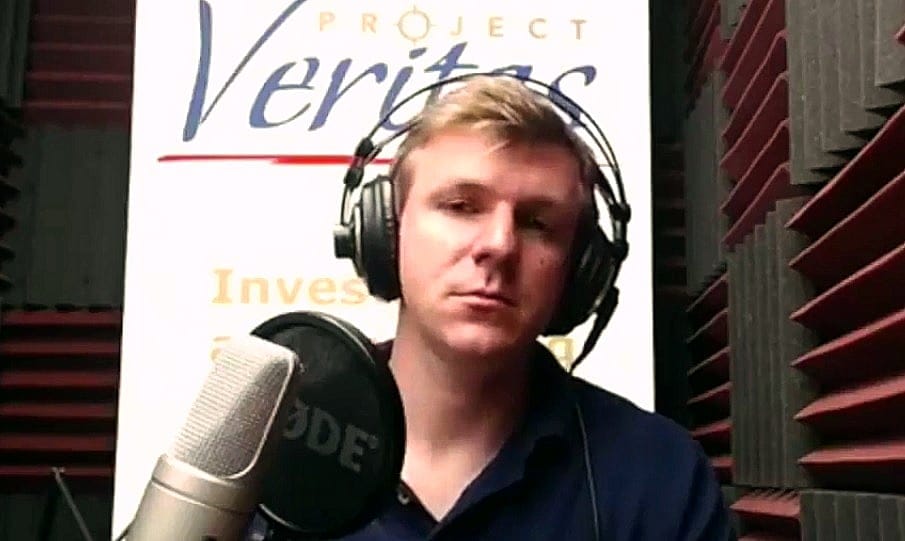State fights challenge to recording law

BOSTON — Suffolk County District Attorney Daniel F. Conley, served this past spring with a federal lawsuit by controversial undercover journalist James O'Keefe's Project Veritas Action Fund over enforcement of Massachusetts' recording laws, responded Friday with a motion to dismiss.
Conley's chief argument for dismissal? Project Veritas has been unable to prove that secretly recording is an "indispensable tool" of newsgathering.

